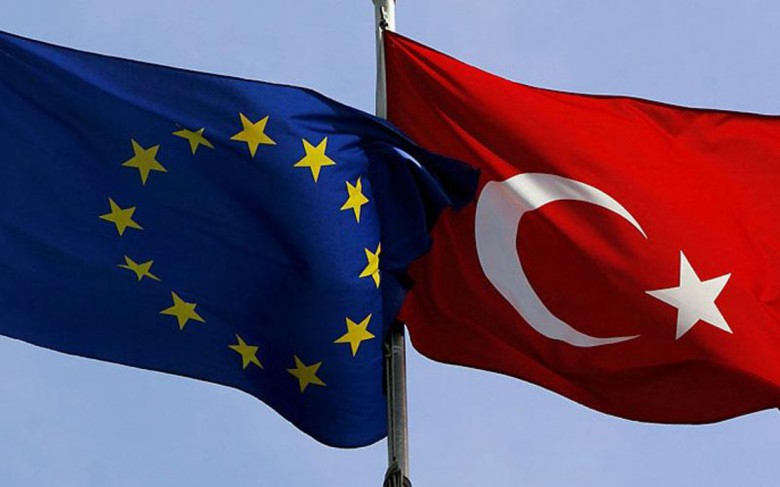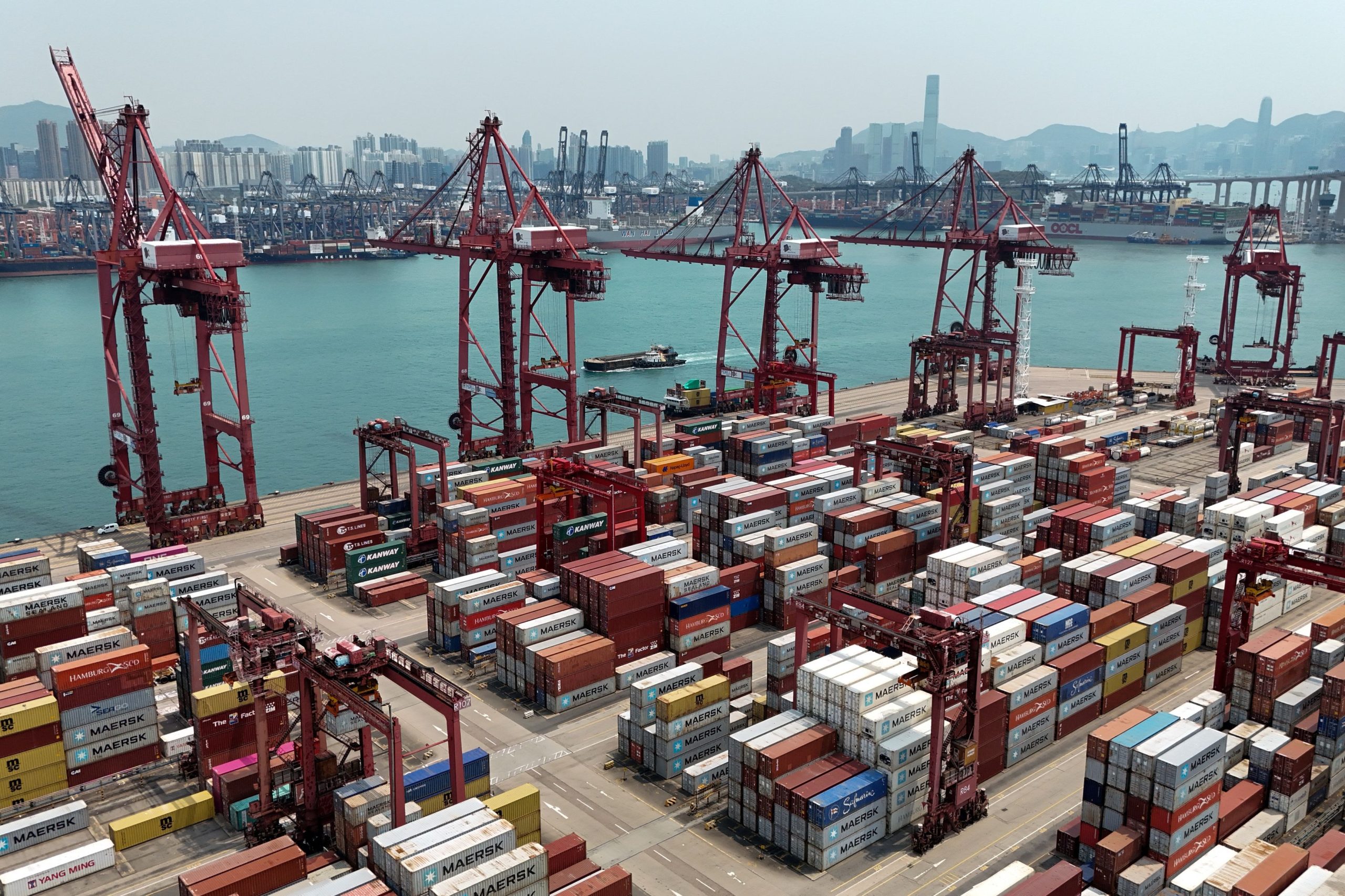People infected with the coronavirus Beta (“South African”) variant, probably forgotten because of the now dominant Delta, are more likely to need admission to an Intensive Care Unit (ICU) and die from Covid-19 than those with the disease contracting the “British” Alpha variant, according to a study from Qatar.
The Beta variant, scientifically known as B.1.351, was first detected in South Africa at the end of 2020 and later spread to other countries, including Greece. The researchers, led by Professor of Epidemiology Laith Jamal Abu-Radat of Weill Cornell Medical College in Doha, Qatar, according to Nature, studied people who became infected in early 2021, when two major strains of the virus were circulating in the Arab country, Alpha (“British”) and Beta.
They become more seriously ill
It was found that patients with Beta were 24% more likely to develop severe Covid-19 than those infected with Alpha. They were also almost 50% more likely to need ICU admission and had a 57% higher risk of dying from the disease.
Dr. Abu Randad spoke of a “clearly more dangerous variant” and pointed out, according to the AMNA agency, that as the number of Beta cases in Qatar increased, so did the number of ICU admissions and deaths. Although the study has not yet been published in a scientific journal, but only as a pre-publication in medRxiv, it is considered credible.
Another South African study published in July in the medical journal The Lancet Global Health, led by Dr. Wasila Jasat of the National Institute of Infectious Diseases in Johannesburg, also found that beta was more likely to lead to serious illness.
However, as the most contagious Delta variant spreads worldwide (and in Greece), Beta now seems to be “extinguishing” even in those places where it once dominated, such as South Africa and Qatar.
On the other hand, according to Abu Radat, Beta seems to be more resistant to vaccines against Covid-19 (even compared to Delta), so it could recover in the future. As he noted, “we should never underestimate it.”











![Οι αλλαγές που υπάρχουν στα φορολογικά έντυπα για τα εισοδήματα του φορολογικού έτους 2024 από ακίνητα [Γ’ Μέρος]](https://www.ot.gr/wp-content/uploads/2025/03/akinita.jpeg)










